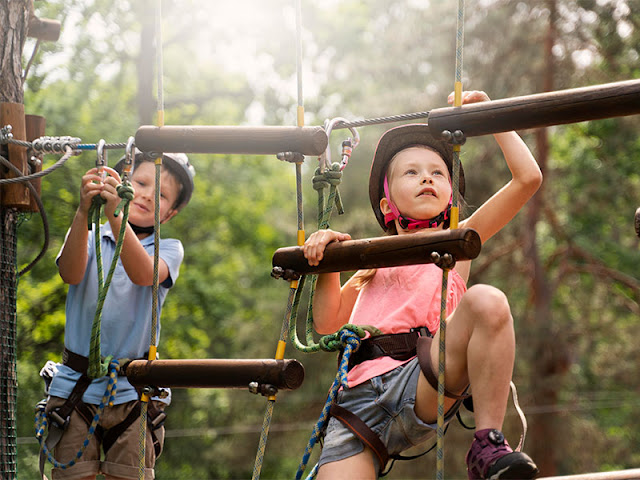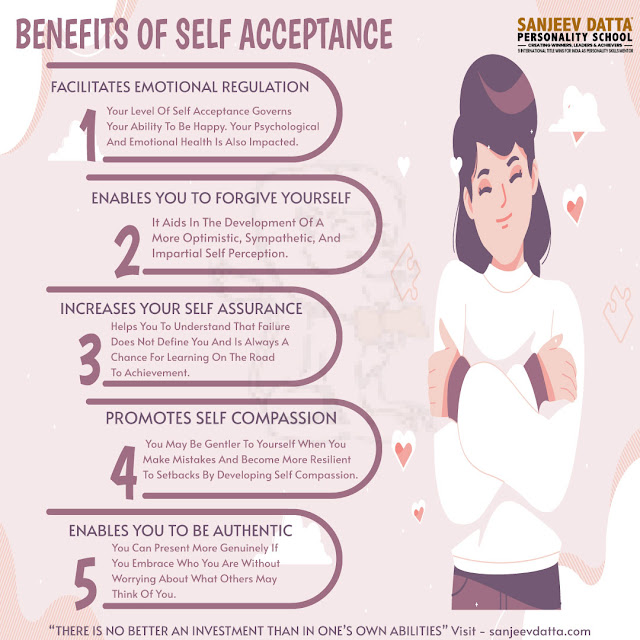Physical activities to build self-esteem offer more than just physical health benefits; they also play a vital role in nurturing self-esteem and building confidence in individuals of all ages. Engaging in physical activities not only promotes overall well-being but also empowers individuals to discover their strengths, overcome challenges, and develop a positive self-image. In this article, we will explore various physical activities to build self-esteem that provide a foundation for a strong sense of self-worth.
Physical Activities to Build Self Esteem
1. Team Sports
Participating in team sports is an excellent way to build self-esteem. Team sports provide opportunities to develop social skills, teamwork, and cooperation. Being part of a team allows individuals to feel a sense of belonging, camaraderie, and support. Accomplishing goals together and celebrating shared successes fosters a positive self-image and boosts confidence.
2. Individual Sports
Engaging in individual sports, such as swimming, running, or martial arts, can be equally impactful in building self-esteem. These activities encourage self-discipline, personal growth, and a sense of achievement. Individual sports provide opportunities for individuals to set personal goals, track their progress, and celebrate their accomplishments. Overcoming personal challenges and witnessing personal growth instill a strong sense of self-worth and confidence.
3. Outdoor Adventures
Exploring the outdoors through activities like hiking, camping, or rock climbing can be transformative for self-esteem. Outdoor adventures challenge individuals physically and mentally, pushing them out of their comfort zones. Conquering fears, overcoming obstacles, and witnessing personal strength in nature's beauty cultivates a sense of empowerment, resilience, and self-belief.
4. Dance and Movement
Dance and movement activities, such as ballet, contemporary dance, or even freestyle dance sessions, allow individuals to express themselves creatively while improving physical coordination and flexibility. Engaging in dance and movement helps individuals develop body awareness, grace, and self-expression. The freedom of movement and the joy of self-expression boost confidence, body positivity, and self-acceptance.
Visit: how to handle stubborn and aggressive child
5. Yoga and Mind-Body Practices
Practicing yoga and other mind-body activities like Pilates or tai chi can significantly contribute to self-esteem. These activities promote mindfulness, self-awareness, and a positive connection between the mind and body. Engaging in regular yoga practice helps individuals develop strength, flexibility, and balance while fostering a sense of calmness and inner peace. The self-acceptance and self-compassion cultivated through yoga build a strong foundation for a healthy self-image.
6. Martial Arts
Martial arts training provides a unique avenue for building self-esteem. The discipline, focus, and physical conditioning involved in martial arts practice instill a sense of confidence, self-control, and mental resilience. Progressing through belt levels and mastering new techniques fosters a deep sense of accomplishment and self-belief.
Visit: personality development for teenagers
7. Fitness Challenges
Engaging in fitness challenges, whether individually or as part of a group, can boost self-esteem. Setting personal fitness goals, such as completing a 5K run or mastering a new exercise routine, allows individuals to witness their progress and capabilities. Crossing these milestones builds a sense of accomplishment, determination, and self-confidence.
8. Adventure Courses and Obstacle Races
Participating in adventure courses or obstacle races can be an exhilarating and confidence-boosting experience. These activities require individuals to tackle various physical challenges, such as climbing walls, navigating rope courses, or overcoming muddy obstacles. Completing these challenges instills a sense of accomplishment, resilience, and belief in one's abilities.
9. Martial Arts and Self-Defense
Engaging in martial arts and self-defense classes not only provides valuable self-defense skills but also promotes self-confidence and assertiveness. Learning techniques, practicing discipline, and gaining self-control empower individuals to feel safer and more confident in their ability to protect themselves, fostering a sense of self-assurance and personal empowerment.
10. Outdoor Team-Building Activities
Participating in outdoor team-building activities that enhance personality development for kids such as trust falls, rope courses, or group challenges, can significantly contribute to self-esteem. These activities encourage cooperation, communication, and problem-solving within a team setting. Successfully working together to overcome obstacles boosts individual confidence and strengthens the bond among team members.
Visit: placement activities for students
11. Creative Movement and Dance Therapy
Creative movement and dance therapy activities provide an outlet for self-expression and emotional release. These activities can be particularly beneficial for individuals who may find it challenging to express themselves verbally. Through dance and movement, individuals can explore their emotions, build body awareness, and develop a positive relationship with their bodies, fostering self-acceptance and confidence.
12. Adaptive Sports and Inclusive Activities
The best personality development trainer provides inclusive sports and activities that cater to individuals with diverse abilities, ensuring that everyone has the opportunity to participate and excel. Engaging in adaptive sports or inclusive activities promotes inclusivity, empathy, and a sense of belonging. Individuals of all abilities can experience the joy of physical activity and celebrate their unique strengths and achievements.
Physical activities provide a powerful platform for developing self-esteem, confidence, and resilience. Engaging in team sports, individual activities, outdoor adventures, dance, yoga, martial arts, and fitness challenges allows individuals to discover their strengths, overcome obstacles, and celebrate personal achievements. By engaging in these physical activities to build self-esteem, individuals build a positive self-image, develop a sense of competence, and foster a resilient mindset. So, let's embrace the power of physical activities and unleash our confidence and strength on the journey toward a healthier body and a stronger sense of self-worth.





